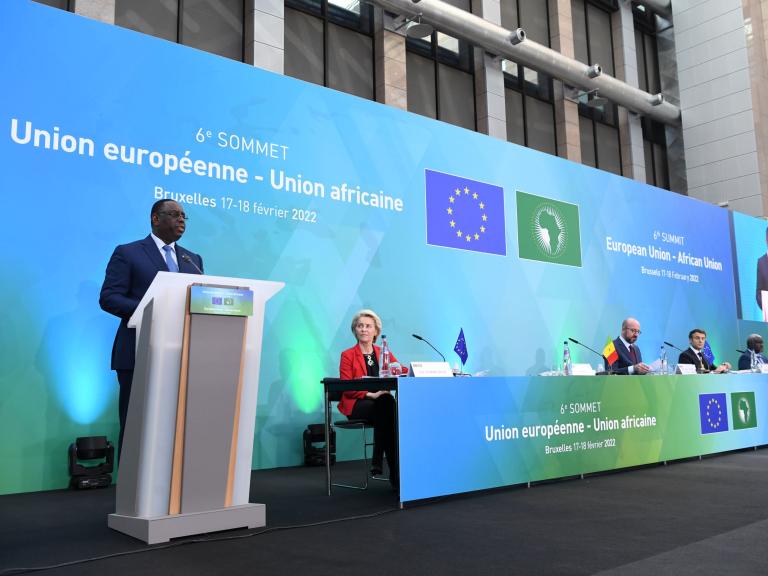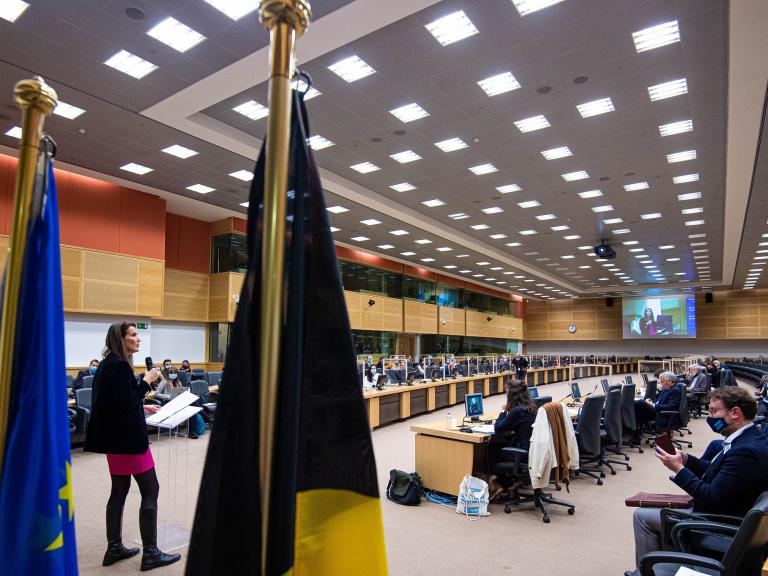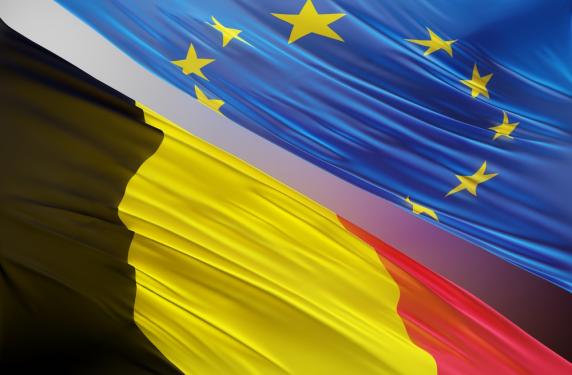-
Last updated on
As one of the 27 Member States of the European Union, Belgium decided to participate in the Conference on the Future of Europe by organising citizens' panels, including on a national level.
A total of 50 citizens were selected at random to ensure that the panel is representative of the Belgian population as a whole. Over three weekends, the 50 citizens came together to debate one of the nine themes of the Conference – European Democracy and, more specifically, public participation in the European Union.
The citizens formulated recommendations around five themes chosen by them:
1) Improving communication about the European Union
In terms of communication, the Belgian citizens' panel recommends revisiting the current way of communicating and the channels currently being used. Indeed, citizens are still too unfamiliar with the workings and powers of the European Union. A specific recommendation was formulated in order to address this: “We recommend that the European institutions pay even greater attention to the simplification, comprehensibility and accessibility of information on priority topics that are dealt with on a European level.” Taking into account the diversity of the population, this should be achieved using a variety of communication channels in order to reach as many citizens as possible.

2) Identifying and combating misinformation about the European Union
Within the panel, disinformation was viewed as a danger to democracy. Belgian citizens expect Europe to do more to counter this disinformation and, among other things, have suggested launching a campaign to counter disinformation and require social media to integrate this within their platform.
In addition, we recommend that media be required to cite their sources and if not possible, to label the information as unverified.
3) Citizens' panels as a participation tool
The Belgian Citizens' Panel believes that voluntary citizens' panels with proper representation of the population are a useful and efficient tool with which to engage citizens in democracy. It is important that the panels are informed by experts so that citizens without prior knowledge can participate and that the panel is also kept informed of the final decision on whether or not to implement the recommendations and is provided with clear reasons underpinning that decision.

4) The referendum in European affairs
The citizens' panel proposed the organisation of referendums for the people of Europe as a new participatory tool, on condition that the question that forms the subject of the referendum is neutrally worded and that the population is clearly informed about the topic in advance and about the possible impact on their daily lives. Only if a certain level of participation is achieved can a referendum be binding.
5) Participation tools already in place in the European Union
As far as the participatory tools already in existence are concerned, such as citizens' initiative and petition rights, it appeared that most participants in the citizens' panel were not aware that they existed or where to find them. For these reasons, the Belgian citizens advise the European Union to ensure sufficient communication about these. Also, the way in which these tools are used should be simplified and clearly worded procedures drawn up. Citizens should be kept informed of the outcome and if it is decided not to act on the proposal, a clear justification should be given.


EU-AU summit: two unions, one vision
In Brussels, the European and African Union developed a hopeful plan for the future that should bring prosperity and stability t...

EU: more democracy in practice
Geography teacher Rafik Kiouah talks about his participation in a Belgian citizens' panel on a more democratic EU as part of the...

The EU joins forces for external action
The European Union is combining various funding channels into a single instrument: Global Europe. The simplification will give t...
